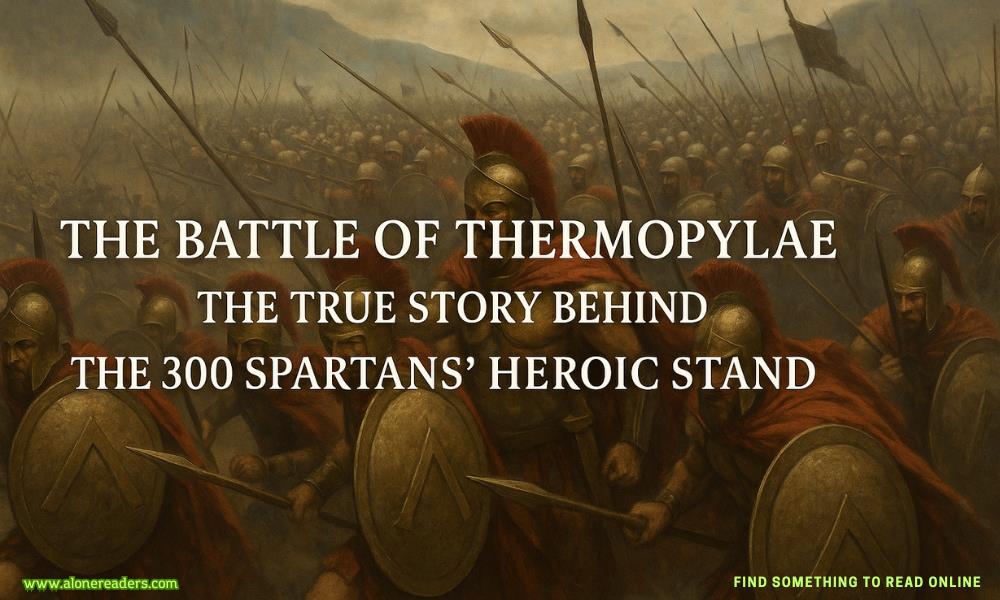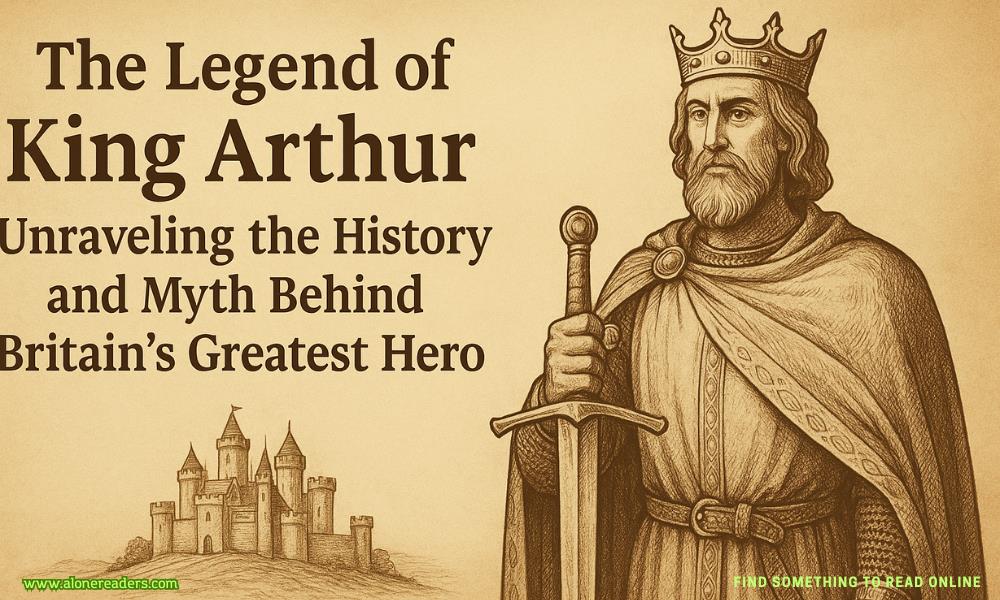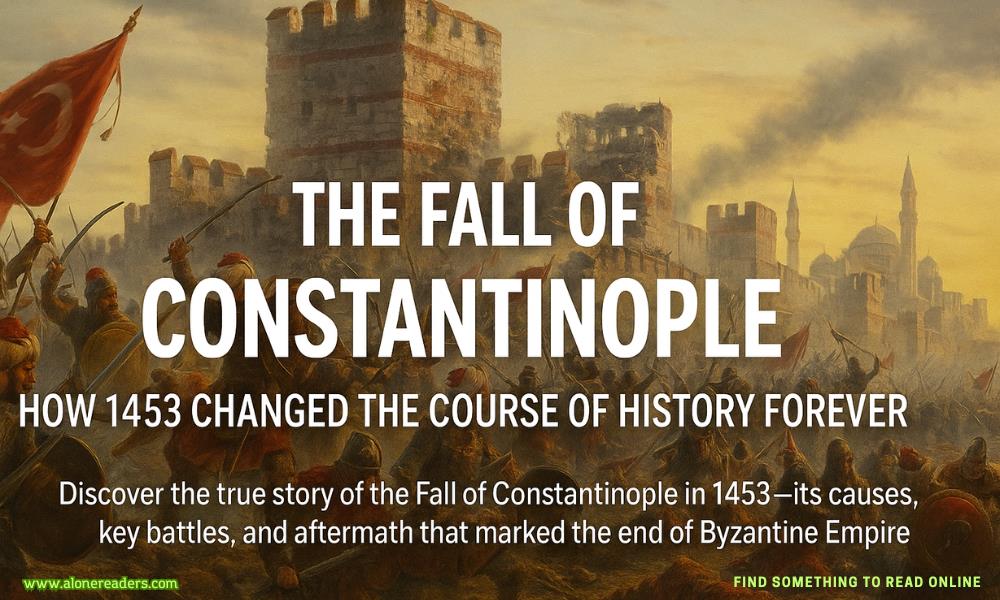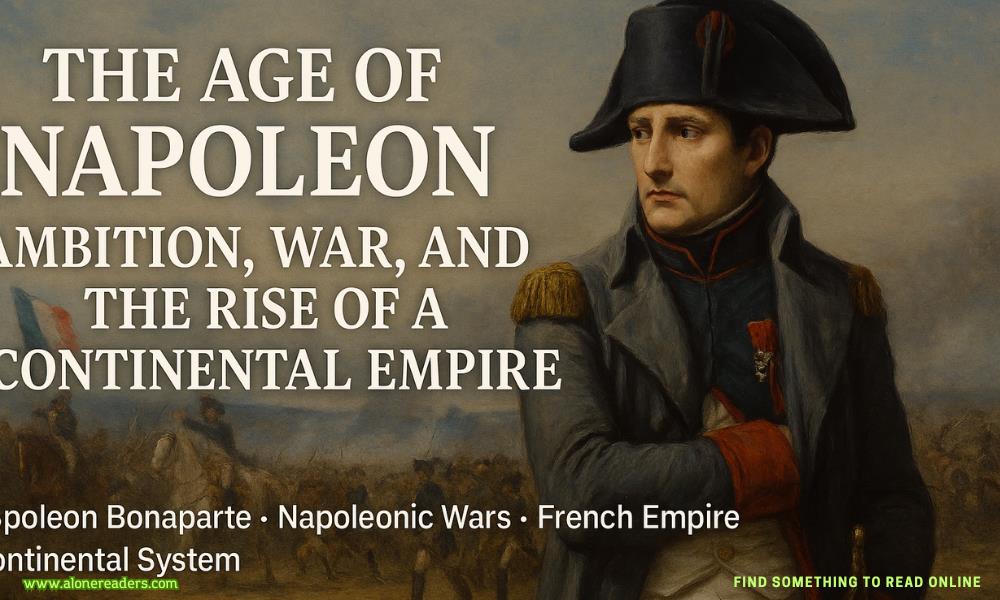Page 47 of Broken Country
“Did something happen?”
“Oh, God, Beth, I don’t know. Not really. He’s in bed now, anyhow. Snoring his head off. Don’t think he’ll be up to the cows in the morning, that’s for sure.”
“Then I’ll help you. What’s wrong, Frank? Was there a fight?”
“It was worse than that. He was so drunk, he couldn’t stand. I know we’ve been here before. Countless times.”
“It was always going to get messy. Jimmy’s stag.”
“Yeah.”
“It’s me,” I say, reaching for his hand. Which is not something I’ve ever needed to say to Frank before. “You can tell me.”
“On the drive home, he started crying. And I know it’s because he was out of his mind, beer tears or whatever you call it, but he said this thing—” He stops talking.
“What did he say?”
“He said—”
At last I understand that Frank, who never cries, is fighting tears himself.
“He said he didn’t think he was any good at living. Sometimes he thought we’d be better off without him. We would. Nina would. He causes us too much trouble. That’s what he said. It all goes back to Bobby. Jimmy’s never been right since he died.”
“Oh, Frank.” For a moment I struggle to speak. None of us have been right since Bobby, but it’s rare for Frank to acknowledge it. “I know you’re upset he said those things. But I don’t believe he meant them. It’s just the drink talking. Think how happy he’s been recently, him and Nina. They’ve got everything to look forward to. You know they have.”
We reach out for each other at the same time and it’s us again, me and Frank, the scent of him so familiar, his warm, hard body pressed against mine.
We don’t make love, it’s not like that. We hold on to each other and I whisper reassurances—he’ll be fine, it’s drunken nonsense, he won’t even remember it tomorrow—pressing my lips to his skin until at last the steady in and out of his breathing tells me Frank has fallen asleep.
Before
At the end of the summer holidays, when Bobby is nine, we invite the whole of his class for an afternoon at Blakely Farm. Bobby is in charge of events and he plans it like a military operation: First the children will meet his favorite animals, before a picnic tea beneath the oak tree, and then target shooting.
We begin with a tour of the farm. Bobby shows the kids how the milking machine works, demonstrating how he fits the teats to the cow’s udders, how it is suction that keeps them on. He can do it in seconds, just like the men.
In the sheep field, Bobby hands out biscuits so the children can feed our ewes.
“Wow, Bobby,” says Hazel, a gorgeously pretty child with bright blond Rapunzel plaits. “Are you allowed to do this every single day? You are so lucky.”
This was a good idea, I think, as we begin our picnic beneath the old oak tree. The children are getting to see Bobby for who he really is. I know, because the teachers tell me, that Bobby spends his classroom hours gazing out of the window, like a prisoner who pines for the outside world, missing the sensation of sunlight warming his skin. Well, he does pine. Being inside is a torture to him.
One time, he let himself out of the playground at break time and arrived home in the middle of the day. I was about to take him back when Frank stopped me.
“Let him have this just this once,” he said. “What good is school to him, really? Everything he needs is here.”
Frank was exactly the same as a boy, Jimmy too. They are men of the earth.
The oak tree has more meaning for us than any other on the farm. It is where Frank asked me to marry him. Not on bended knee or with a ring or champagne. He said, simply: “I don’t want a life without you in it. I never did.”
I could tell from the way he was looking at me, in a blaze of love, he meant something significant by the words.
“Frank. What are you saying?”
He picked me up and carried me around the oak tree, as if we were performing some bizarre pagan ritual. “To marry me, you silly woman. Wasn’t it obvious?”
While the children eat, I find myself watching a boy called William. I know William, of course. There are only twelve in the class and the children have been together for four years now. William’s homelife must be lonely. A strict, older father, a timid, devoutly Christian mother, neither of whom seem to have much time for William and none for the other parents at school. William is never invited to the other children’s houses and, as far as I know, none of them have ever visited him at home either.
More than anything, it’s his clothes that set William apart. In his smart white shirt, corduroy shorts, and Fair Isle pullover he looks like a wartime child, one of the evacuees you saw in photographs sitting disconsolately on their suitcases, clutching a stuffed toy. William is wearing a felt trilby and he cannot stop playing with it. He picks it up in one hand and twirls it on a finger, he throws it in the air and catches it, before putting it back on his head. The hat is a statement of some kind, perhaps his attempt to stand out, but the other children don’t seem to notice. There’s something rather sad about William.
- Her Desert King by Marian Tee
- A Wife's Duty by Sam Crescent
- The Gift that Keeps On Giving by Jessa Kane
- Hard Hearts by Ella Goode
- Obsidian Devotion by Sylvia Rae
- Sold to the Single Daddies by Summer Haze
- Coast by Jessica Gadziala
- Jezebel's Liberation by Lacy Rose
- A Touch of Fate by Cora Reilly
- Relentless Knight by Lisa Cullen
- The Cheerleader by Jade Marshall
- With this Ring by Sierra Cartwright
- Axel by Kelly Finley
- Ice Cold Liar by Cynthia Eden
- Her Daddies' Everything by Laylah Roberts
- Bound By Lust by Rose Marie







